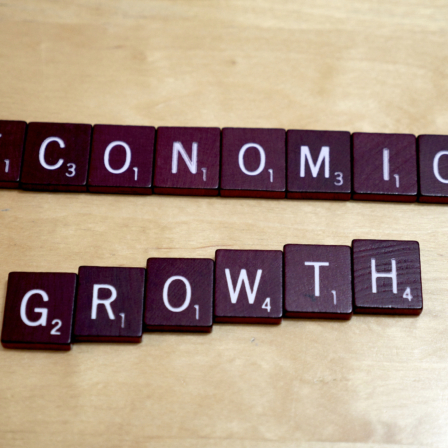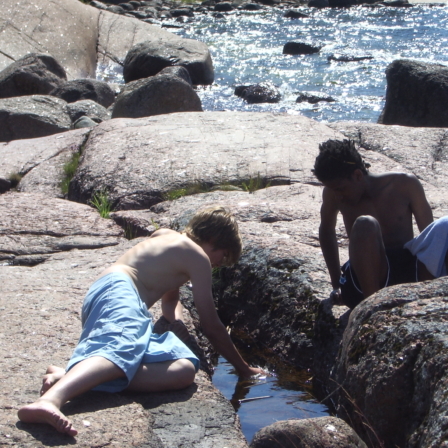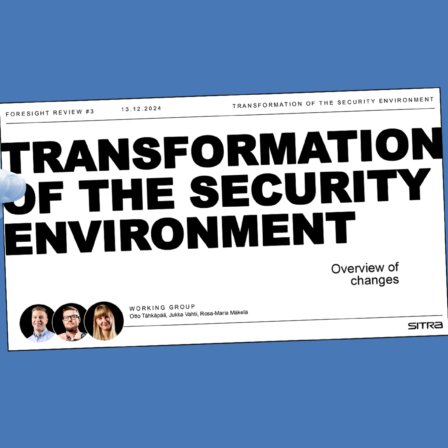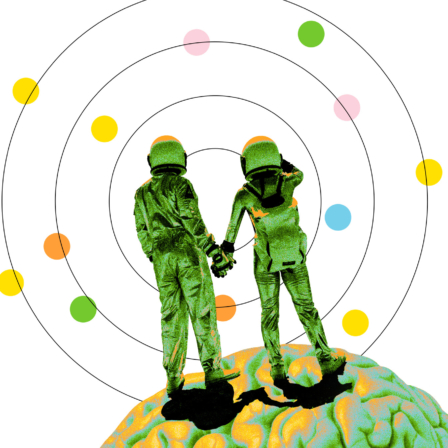Sustainable development is understood as a means of safeguarding tolerable living conditions for future generations. Indeed, sustainable development policy and related research has been influenced by transgenerational rhetoric: what kind of policy will ecologically, socially and economically safeguard good living conditions for decades and even centuries?
Time has overtaken this issue. Three decades ago we still had time to consider what measures could be taken immediately to ensure a good quality of life 20 to 30 years down the road. We dwell endlessly on the issue as the decades pass, never taking any action. Now, we’re out of time.
This urgency challenges sustainable development policymakers and researchers to rethink their interaction.
First, sustainable development policy should accept research that is conflicting in terms of question and structure. If there is something we know based on existing research it is that sustainable development is a controversial subject. One study promotes green economic growth, another the sufficiency economy; one builds for a bioeconomy, another invokes the hazards it poses to biodiversity; one aims to increase markets, another wants to shrink them; one swears an oath in the name of eco-efficiency, another fears that it will accelerate environmental problems.
These conflicts are not insignificant – they reflect the wicked problems facing sustainable development. Therefore, research supporting policymaking should not endeavour to achieve systematic unanimity, but rather it should make every effort to find some degree of understanding concerning the wealth of research questions and themes.
Second, syntheses of these conflicts should be made for policymakers. There have been good experiences with ad hoc expert panels, which are given a clearly defined task to provide policymakers with a summary of available data in the form of, for example, scenarios or alternative measures. For example, in the wake of the Deepwater Horizon oil spill disaster, a broad-based expert panel was formed to compile the available data on responses to similar disasters.
Such policy oversight is necessary because many of the challenges that sustainable development is starting to face are crises that researchers warned us about a long time ago.
Third, the counter-intuitive idea that solving difficult sustainability issues does not necessarily go hand in hand with heavy organisational solutions must be accepted. What is needed, however, are agile arrangements that require intensive interaction between policymakers and researchers.
Multi-year panels with permanent themes and compositions, such as the Expert Panel on Sustainable Development, the Finnish Climate Panel, the Resource Panel and Future Earth Finland are not paragons of agility. Short-term groups with varying compositions and precisely defined tasks are needed. These groups could be given the resources to conduct quick analyses of the most recent research data. The quick assembling of such groups would also require considerably more intensive interaction between policymaking and research. So, why shouldn’t the Prime Minister’s Office or key ministries recruit temporary experts from the research sector?
This text is part of the blog series “Sustainably”.
























Recommended